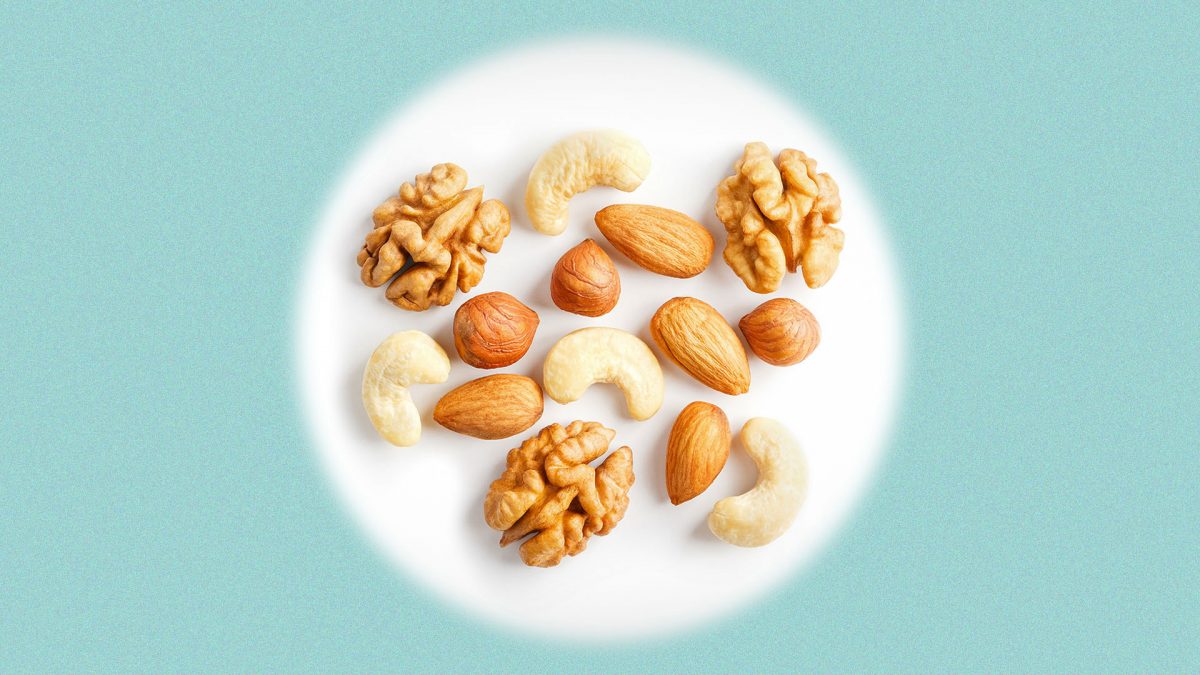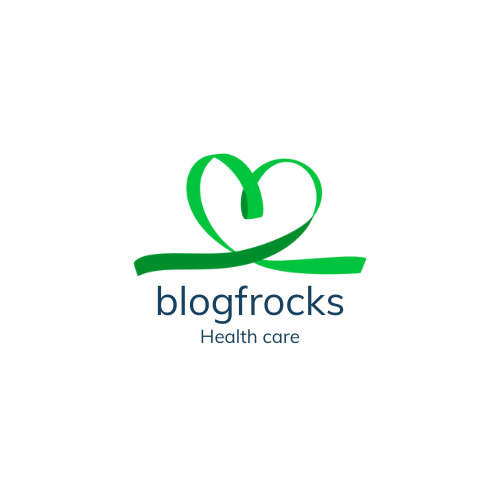Can high blood pressure be controlled without medication?

Have you been diagnosed with hypertension and are reluctant to take medication for life? Changes in your habits not only prevent the disease, but also reduce your blood pressure naturally if it is too high.
The sooner you start, the better your chances of success, says Dr.r Rémi Goupil, nephrologist and clinician-researcher at Sacré-Cœur Hospital in Montreal. The recipe for success is based on five pillars: a healthy, low-salt diet, a healthy weight, an active lifestyle, moderate alcohol consumption and abstinence from tobacco.
Among these five paths to follow, diet is an important factor on which the patient can influence, notes Chantal Gariépy, dietitian-nutritionist at the EPIC Center of the Montreal Heart Institute. “Diet has a big influence on blood pressure. Some dietary changes can be as effective as medication. »
In which cases is it possible to do without medication?
Adopting healthy lifestyle habits can only have positive effects on your blood pressure. But the magnitude of the benefits will depend on several factors, including the level of hypertension and general health, explains Dr.r Rémi Goupil.
“Obviously, it is easier to lower your pressure to an acceptable level (i.e. below 135 mm Hg) if you start from 140 mm Hg systolic pressure than if you start from 160 mm Hg. A lighter case, detected earlier, in which the blood vessels have not been irreparably damaged, will be easier to treat (without drugs). »
Some patients are able to reduce their pressure with a lower dose of medications or even stop taking them. “It varies greatly from one person to another. People follow our instructions with the best intentions and their pressure remains high. We should not see it as a failure if we cannot bring it down,” assures the Dr Goupil.
In any case, the efforts undertaken will not be in vain, since they can improve general health and prevent the appearance of disorders other than hypertension, such as cholesterol or heart disease.
What is the role of diet in hypertension?
It's a priority. Certain nutrients, such as sodium, are clearly associated with an increase in blood pressure when consumed in excess, underlines the Order of Dietitian Nutritionists of Quebec, while others, such as potassium and magnesium, have the ability to reduce blood pressure.
Sodium, contained in salt, is the number one enemy to fight. “Sodium regulates body fluids, including blood. Excess sodium causes water retention and can cause the body to increase blood pressure to eliminate salt and excess fluid,” explains nutritionist Chantal Gariépy.
However, salt is omnipresent in our diet, often without our knowledge. According to the Quebec Arterial Hypertension Society (SQHA), Canadians consume on average 3,000 mg of sodium per day, which is equivalent to twice the desirable daily intake of 1,500 mg. The SQHA recommends no more than 2,300 mg per day. Processed or ultra-processed foods that we buy in grocery stores are often very high in salt, even if we don't necessarily notice it by taste. For example, white bread and breakfast cereals are among the foods richest in salt that we consume daily.
Conversely, potassium, very present in fruits and vegetables, and magnesium, abundant in legumes, nuts and seeds, promote more stable blood pressure. Vegetables and herbs rich in nitrates, such as arugula, spinach, beets, coriander or rhubarb, are also preferred.
“Nitrate converts to nitric oxide, a vasodilator gas, as it circulates through blood vessels. Eating foods rich in nitrates therefore helps to open the flow of blood in the arteries,” emphasizes Chantal Gariépy.
Are there diets specifically designed to control high blood pressure?
The DASH diet (for dietary approaches to stopping hypertension) was created in the late 1990s by American researchers to try to combat high blood pressure through diet. And it works: it can reduce systolic blood pressure by 8 to 14 mm Hg, specifies the Quebec Arterial Hypertension Society.
This diet focuses on an abundance of “vegetables and fruits as well as the consumption of whole grain foods and a variety of protein foods, such as nuts, seeds, beans, lean meat, poultry, fish and plain and low-fat dairy products,” explains the Heart and Stroke Foundation of Canada. The DASH diet also favors a diet low in saturated fat, sugar and salt.
The Mediterranean diet, which is very similar to the DASH diet, but with a higher intake of quality fats (like olive oil), is also recommended.
However, you don't need a strict diet to see results, assures Chantal Gariépy. More than drastic changes, “it’s the accumulation of small gestures that will bear fruit”. And above all, we benefit from cooking ourselves, “since it allows you to choose the quality of your food and the quantity of salt you want to add. This is not possible with cold meats, frozen pizzas and other prepared meals rich in sodium.”
What other changes are needed to lower your blood pressure?
Physical exercise helps regulate the activity of the autonomic nervous system (which plays a role in several processes in our body, such as blood pressure and heart rate). It also dilates blood vessels and reduces the production of hormones involved in high blood pressure, tells us the Society of Quebec Arterial Hypertension. The SQHA therefore recommends moving 30 to 60 minutes per day at an average intensity, four to seven days per week. Sports practice is considered safe below a pressure of 160/100 mm Hg.
As weight gain is also associated with an increase in blood pressure, according to several studies, we aim to achieve or maintain a healthy weight. Each kilogram of weight lost can reduce blood pressure by 1.1/0.9 mm Hg, according to the SQHA.
Tobacco contributes to hardening of the arteries, which harms blood circulation and promotes hypertension. The nicotine present in cigarettes also affects blood pressure. Doctors therefore recommend quitting smoking completely after a diagnosis of hypertension.
It is also suggested to reduce your alcohol consumption.
If you liked this article, why not subscribe to our health newsletter? You will read the first, every Tuesday, the explanations that are always clear, detailed and rigorous from our team of journalists and health professionals. Simply enter your email address below. 👇
